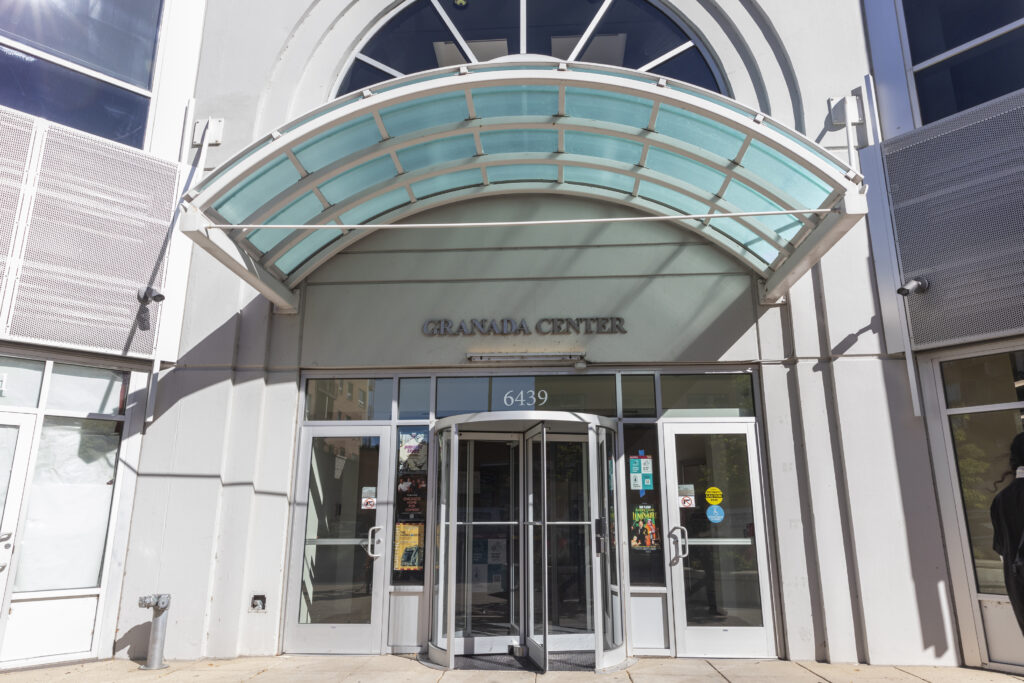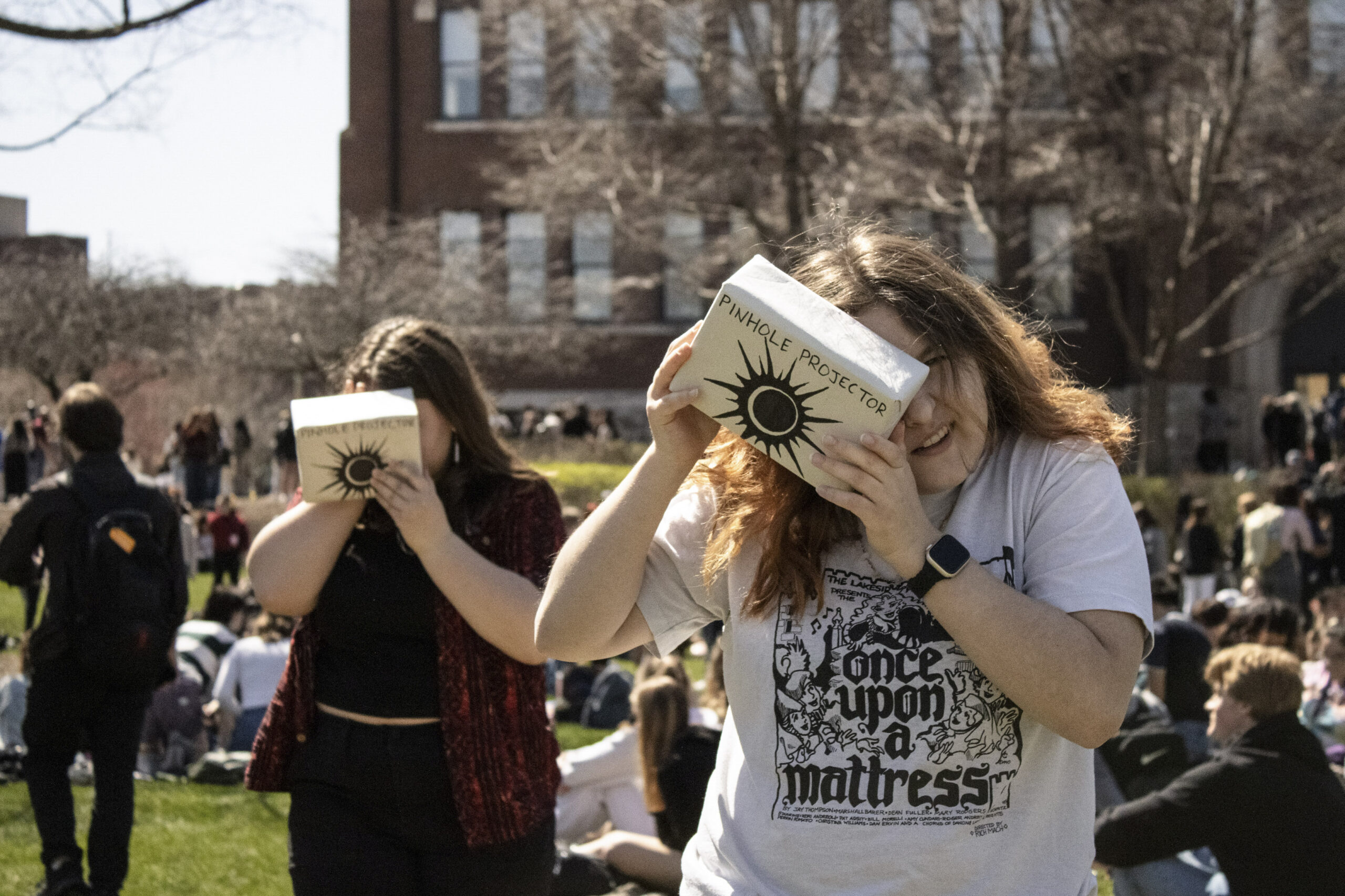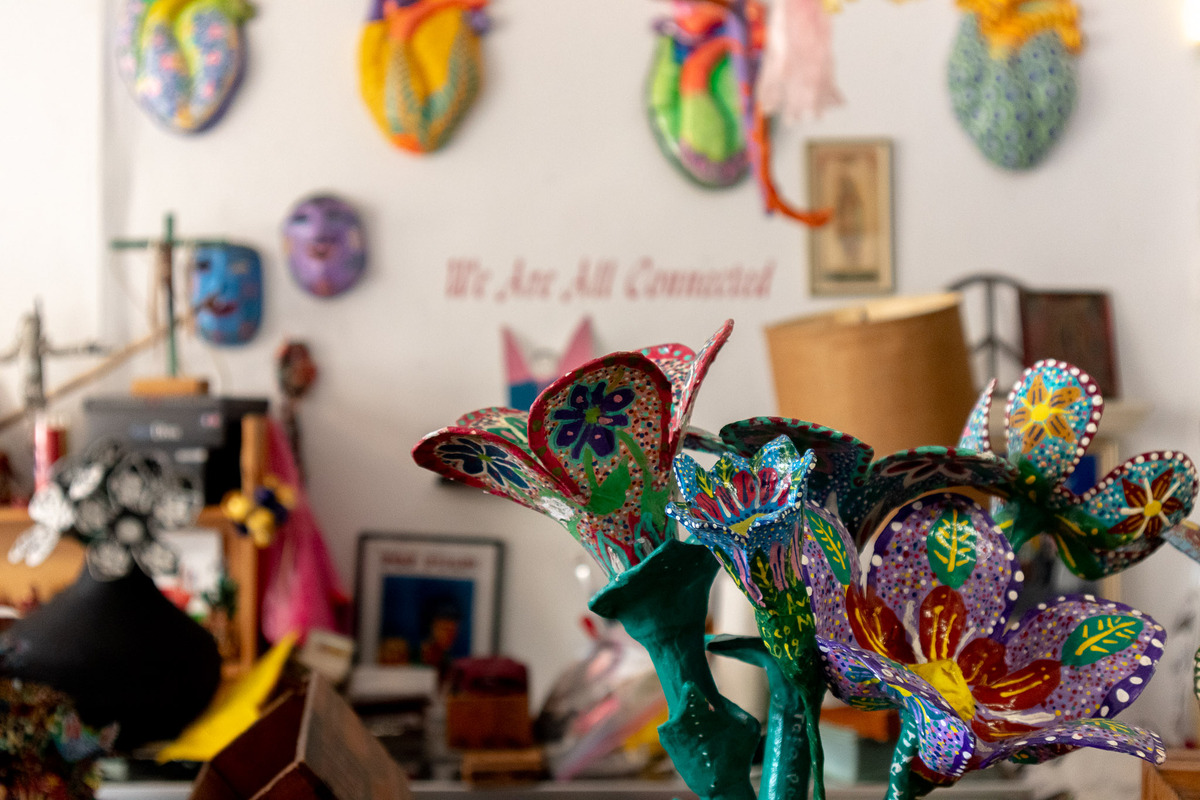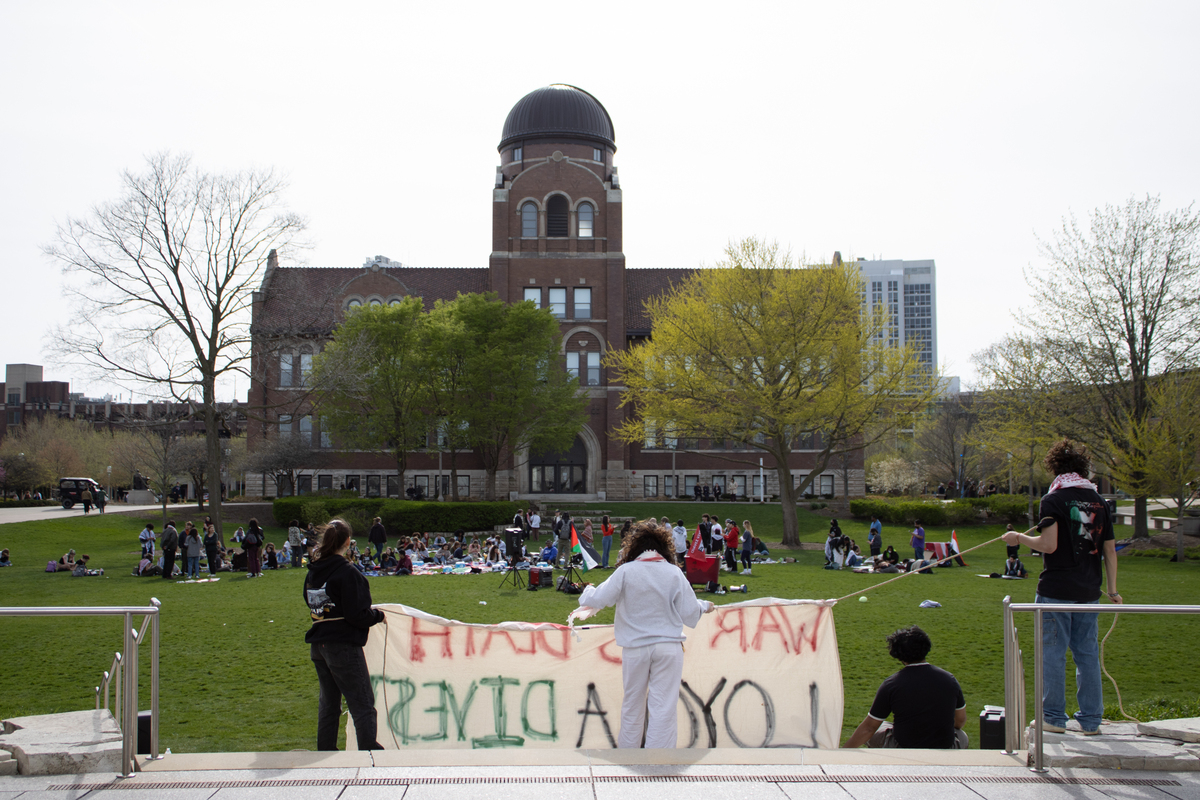A crash course on Mental Health resources offered by the Wellness Center.
Phoenix 101: A Guide to Navigating Loyola’s Mental Health Resources

This story was written by Hannah Daniel.
It’s officially fall at Loyola, which means we are halfway through the semester and students’ workloads are growing. To manage the demands that come with being a student at Loyola, the Wellness Center offers a variety of mental health resources for students at both Loyola’s Lake Shore Campus (LSC) and Water Tower Campus (WTC).
The Wellness Center offers a variety of group therapy sessions, with both in-person and virtual treatment options. Groups for Student Athletes, Black Connections on campus, Queer-antine and many others are all options offered to students at Loyola, according to the Wellness Center website.
The Wellness Center is by appointment only at both locations. The LSC location, at 6439 N.Sheridan Road, is open every weekday from 8:30 a.m. to 5:00 p.m. The WTC location, at 26 E. Pearson St. Suite 250, follows the same hours, however it is closed between 12:30 p.m. to 1:30 p.m. Monday through Friday. In addition to these hours, the Wellness Center is also closed on all holidays and scheduled university breaks according to the Wellness Center.
“Both Wellness Center locations offer largely the same services; we have a nurse practitioner, registered nurse, psychologist and social worker providing medical and counseling services, crisis assessment and evaluation, and group therapy,” Dr. David deBoer, director of counseling at Loyola, said.
The only service not offered at the WTC is the dietician, who is primarily located on the LSC, but is accessible to WTC patients via Zoom, according to deBoer.
There are multiple student-led organizations such as the Wellness Advocates, Body Project and CHANGE that offer opportunities for students to engage themselves in mental health awareness education and directly helping individuals.Through the Health Promotion team, a team of health educators that are employees at the Wellness Center, work with student organizations to present presentations related to mental health topics for students to access according to the Wellness Center.
The Health Promotion team works alongside student organizations and offers a wide range of resources regarding gender-based violence, alcohol and other drugs, resilience and coping skills, nutrition and positive body image, according to the Wellness Center.
These resources include active bystander training, CHANGE, Alcohol Edu, Mindfulness and Meditation, and The Body Project. The organization gives regular presentations to peers on topics such as stress management, sleep health and mental health resources, according to the Wellness Center.
Wellness Advocates President Oliva Larson, a senior majoring in public health on the pre-med track, said one of the major goals of the organization is making sure students have a peer-run group on campus to reach out to for support.
“The goal of Wellness Advocates is to have a peer or student perspective when being spoken to about mental health resources, stress management, sleep health, and more. Since we have experienced it and lived through it,” Larson said.
Wellness Advocates will be attending the annual Wellness Fair held on Wednesday, Oct. 5 from 12-4 p.m. located in the Damen Student Center. The Wellness Advocates will be informing students about their upcoming events and presentations. The recruitment process for the Wellness Advocates will begin in early March, and entails submitting a short application and a letter of recommendation from a mentor, professor, or employee according to Larson.
“We give presentations on the wellness topic of their choice, and most of the time this ends up being stress management, sleep health and topics pertaining to college students,” Larson said.
To request the Wellness Advocates to present a topic of a student’s choice, fill out the wellness advocates request form, and expect a response within fourteen days.
The Wellness Center hopes to roll out a new project later in the semester in which the university will subsidize a limited number of subscriptions to Headspace. Headspace subscriptions would offer different courses directed towards meditation, sleep, stress and mindfulness all accessible from a computer or phone, according to the Wellness Center.
An alternative form of mental health therapy the Wellness Center offers is Ashlar the therapy dog. David deBoer has been Ashlar’s handler since 2018.
“I always enjoy interacting with students and seeing the smiles Ashlar brings to student faces,” deBoer said.
Ashlar accompanies deBoer to the Damen Student Center every Wednesday during his office hours. His office hours can be attended by any Loyola student according to deBoer.
The Wellness Center can be contacted by calling the office at 773-508-2530 according to the Wellness Center or you can schedule an appointment online. When navigating the website, students can also view their medical history, current mental health professionals and schedule appointments that best fit their schedule according to deBoer.
Masks are still required in healthcare settings, which includes both Wellness Center locations according to the Wellness Center. For students that are not comfortable with meeting in-person, virtual appointments are available according to deBoer.The Wellness Center still adheres to COVID-19 guidelines laid out by the CDC according to deBoer.
“We are now learning how to live with the virus, instead of without it,” deBoer said.
Featured image by Holden Green | The Phoenix










